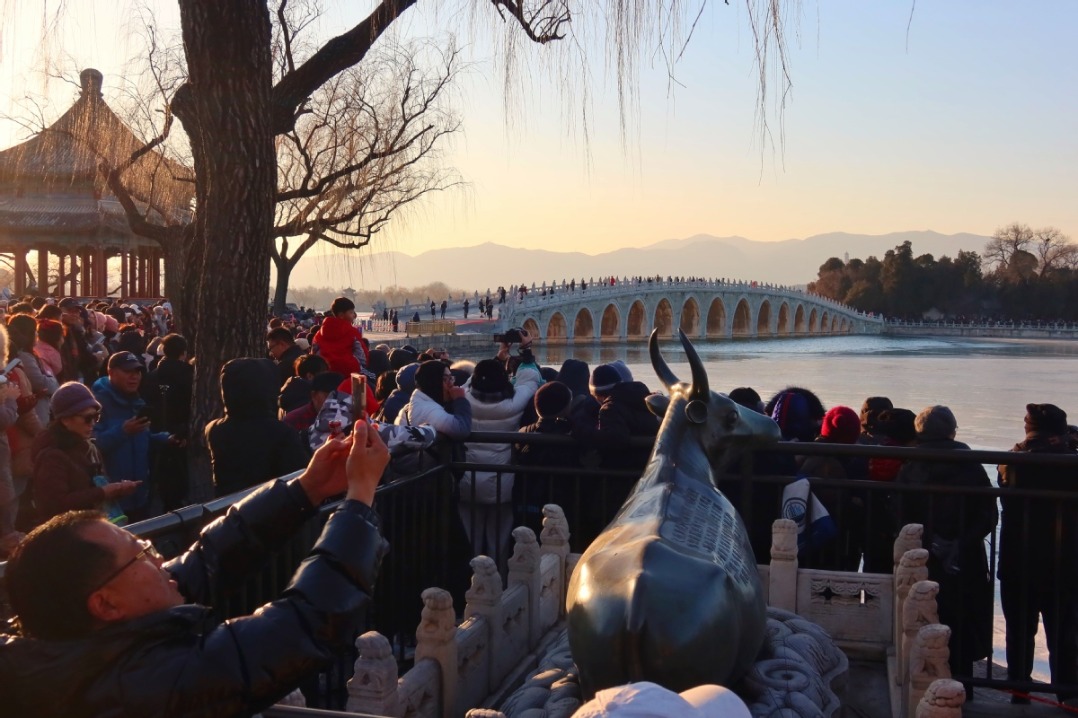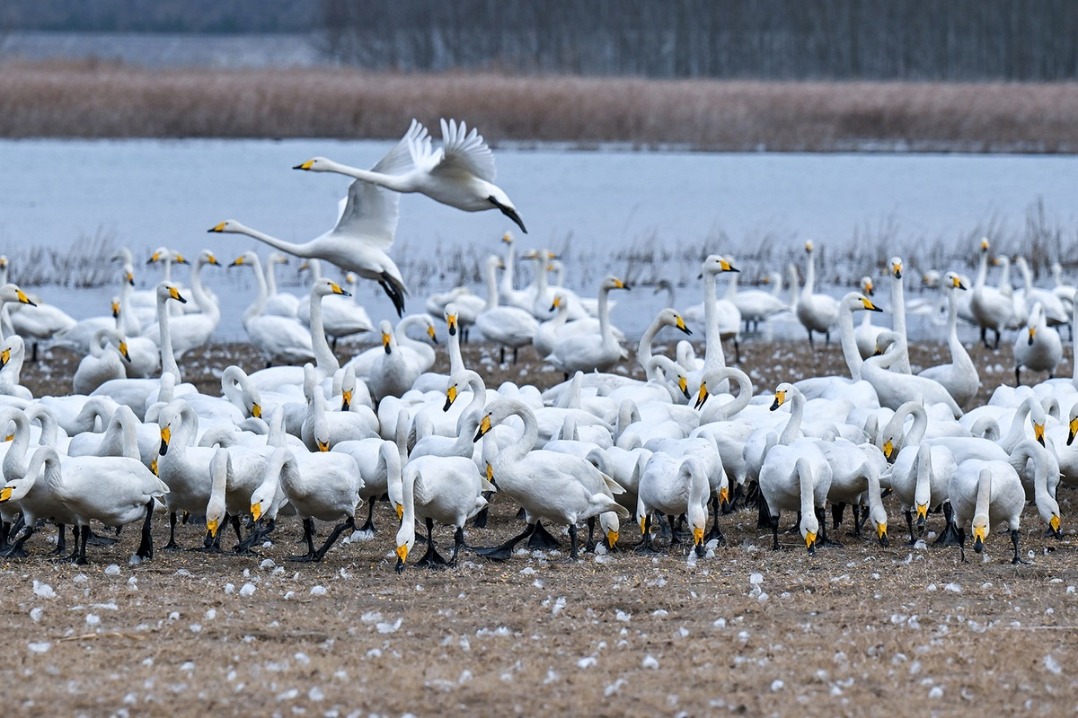Cyberespionage definition updated


Organizations or agencies that attack, invade, interfere in, control or destroy critical information infrastructure of the State organs or secret-related departments are expected to be identified as spies, a legislator said while introducing a draft amendment on Friday.
"This is a further improvement on the definition of cyberespionage in the draft," Zang Tiewei, spokesman for the Legislative Affairs Commission with the Standing Committee of the National People's Congress, the country's top legislative body, told a news conference.
He added that the draft revision to the Counter-Espionage Law will be submitted to a session of the Standing Committee of the National People's Congress, the country's top legislative body, for a third review next week.
Regarding the law as a major part of safeguarding national security, he said, "Amending it is to strengthen the fight against espionage in this new situation, and aims to provide a strong legislative guarantee in the battle of infiltration, subversion and secret stealing."
"The current situation against espionage is extremely grave, as traditional and non-traditional security threats are intertwined, and various types of spies and intelligence activities are more complicated," he explained. "Espionage also involves more extensive fields, more diversified targets and more covert methods."
He noted that the amendment to the law implements the report to the 20th National Congress of the Communist Party of China, adding that it has also established and improved a coordination work mechanism of counter-espionage at a national level to promote high-quality development.
When the draft was given second deliberation at the end of last year, it had clarified that those found to be providing cybersecurity loopholes or other involving important information infrastructure to espionage organizations should be identified as spies.
In August 2022, the draft amendment was read by lawmakers for the first time.
Barrier-free environment
On Friday, Zang also revealed that a draft law on ecological conservation on the Qinghai-Tibet Plateau and a draft law on the construction of a barrier-free environment will be submitted for further review at the session of NPC Standing Committee, which is scheduled to be held in Beijing from Monday to Wednesday.
He said that Chinese seniors, as a major group of people in need of a barrier-free environment in addition to the disabled, will be able to participate more in the building of accessible facilities to obtain stronger legal protection in accordance with the relevant draft law.
It encourages government agencies and companies to invite seniors and organizations that aid the elderly to share their opinions and take part in activities during the planning, design and completion of construction projects, he said.
For families of seniors who are living in homes undergoing renovations to create barrier-free facilities, the draft also allows the government to provide them with appropriate subsidies, he added.
To strengthen the ecological protection and restoration of the Qinghai-Tibet Plateau as well as to improve the prevention and control of its ecological risks, he added that the relevant draft law has called for intensified monitoring, early warning and systematic protection of glaciers and permafrost in snowy mountains of the area.
caoyin@chinadaily.com.cn
- China plans to play a bigger role in Antarctic governance
- Striking the right note to advance climate change action
- Shanxi ends province-wide blanket fireworks ban
- Audit: China fixes bulk of fiscal problems tied to 2024 budget
- China reports major gains in circular economy
- Chinese lawmakers review draft revision to banking supervision and regulation law





































